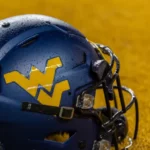
Why the NFL’s Reluctance on a Draft Lottery Could Shake Up the League’s Future Forever
Let’s be honest — the NFL isn’t exactly shy about squeezing every possible dollar out of the offseason calendar. But for all the cash grabs, there’s one curiosity they simply won’t entertain: a draft lottery. Meanwhile, over in the NBA, the Mavericks just pulled off an 18-to-1 long shot to snag a hyped young star, stirring up the usual conspiracy mumbo jumbo. And naturally, this has reignited the debate: Should football take a page out of that lottery book? I’ve made my case before — yes, the NFL ought to roll the dice. Imagine the buzz, the drama, the TV ratings! More importantly, a lottery would throw a wrench into the sacred, stubborn notion that tanking is taboo — because right now, the worst record guarantees the best pick, practically an open invitation to embrace failure. But here’s the catch: simply admitting that losing could lead to winning, by wrapping it up in a lottery, shatters the NFL’s sacrosanct myth that every team fights tooth and nail each week. That’s a mess the league isn’t eager to headline. So, what if instead of weighting chances by record, we gave every non-playoff squad an equal shot at those prized early picks? It might ruffle some feathers, sure — especially owners barely clinging to playoff dreams — but it’d at least blur that ugly linkage between “tanking” and scoring big in the draft. The NFL prefers to keep a low profile on the strategic art of losing, hoping fans don’t dwell on the cynical calculus behind final win totals. Meanwhile, teams push the boundaries—some downright tank (looking at you, 2014 Bucs), others engage in what some call “counter-tanking,” like the Bills’ curious Week 18 game last season — all while fans and analysts speculate endlessly. The absence of a lottery lets the NFL sweep these uncomfortable truths under the rug, preserving an illusion that every snap is a battle for glory. If that wall came down, you’d bet your bottom dollar the league would cash in big on a draft lottery spectacle — prime time, multi-network, lots of eyeballs, and even bigger ad bucks. But until then? The NFL’s keeping its cards close, even if the fans might want a little more transparency — and a lot more suspense. LEARN MORE
Unlike the leagues that have lotteries, the NFL maintains a clear firewall between being at the bottom of the standings and the top of the draft order. While it’s obvious that the worst picks first, the league prefers to draw as little attention as possible to the very real strategic benefit of embracing the suck.The NFL doesn’t want anyone to connect losing games and getting dibs on the sorting hat process. Having a draft lottery acknowledges the link, making it harder for the NFL to perpetuate the ruse that every team tries to win every game, every week of every year.The NFL loves to make money when it’s not supposed to be making money. When it comes to offseason cash grabs, there’s one bridge the league has shown no inclination to cross.Beyond the intense interest a draft lottery would generate (it would land somewhere between the show-about-nothing draft and the show-about-nothing schedule release), a lottery would create a system that would reduce the incentive to tank by not guaranteeing the first pick to the worst team.What’s the difference between 2-15 and 3-14? What’s the difference between 3-14 and 4-13? A lost season is a lost season, and no one will care about the final number of wins. The only way to make chicken salad in such a chickenshit circumstance is to let nature take its course.
Without that concern, the NFL surely would have a multi-network, three-hour, prime-time event from the league meetings in March that would draw 10 million or more viewers to see where the bouncing balls will land — and that could be sold to the highest bidder at a massive profit.The temptation to tank is very real. Some firmly believe that it should be avoided because it introduces losing into the culture of the team. Some don’t care about that. (Which is one of the reasons why they keep losing.)The 2024 finale also introduced counter-tanking to the equation. Plenty believe that the Bills threw their Week 18 game against the Patriots to keep a division rival from landing the No. 1 overall pick. (Buffalo started quarterback Mitch Trubisky in the game, and removed him for no apparent reason for Mike White late in the third quarter, after the Patriots had taken a 17-16 lead.)It also sparked arguments in some circles that the NFL should have a draft lottery. And, as we’ve argued in the past, the NFL should have one.The NBA’s recent draft lottery, which saw the Dallas Mavericks overcome 1.8 percent odds to win the rights to 18-year-old Duke phenom Cooper Flagg, sparked claims that the lottery was rigged. (No lottery has ever been rigged.)Winning that game hurt the Patriots. They could have traded the rights to the No. 1 overall pick (quarterback Cam Ward) for multiple other picks and/or players. And they still could have gotten tackle Will Campbell, plus a lot more stuff.The cost of trading up highlights the value of not having to. If the Jaguars had finished with the second overall pick and not the fifth overall pick, they wouldn’t have had to give up next year’s first-round pick (among other things) to get Travis Hunter.Or, as the case may be, to nudge nature along a little by using late-season games to “evaluate” young backups.One way to eliminate that would be to give, for example, each of the 18 non-playoff teams an equal shot at the first pick, the second pick, and so on. The only risk from that approach would be the possibility that an owner of a team with a snowball’s chance of scaling the playoff mountain a 5.5 percent shot at a potentially transformational talent.In 2014, the Buccaneers clearly tanked in the second half of a Week 17 game against the Saints to ensure that a double-digit lead evaporated, delivering the top pick in the 2015 draft.A draft lottery.Here’s the problem. Merely having a lottery legitimizes the reality that, at some point in a lost season, it’s good to be bad. With the NFL stubbornly pushing the notion that every team tries its best to win every game of every regular season, anything that would crystallize the perception that losing leads to winning would take a sledgehammer to the façade of competitive integrity.
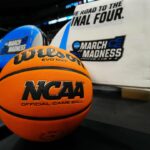
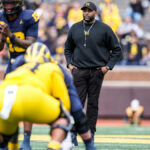





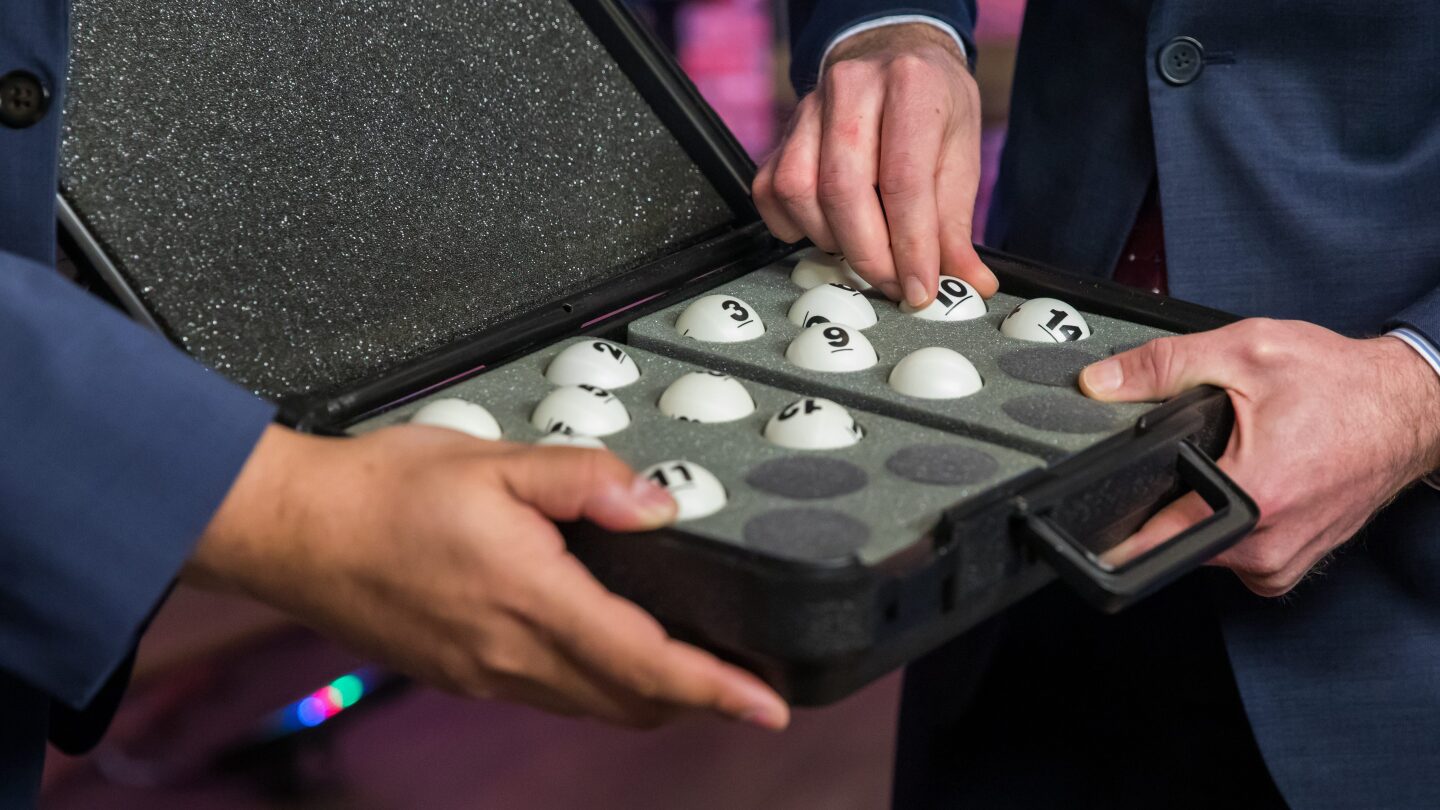
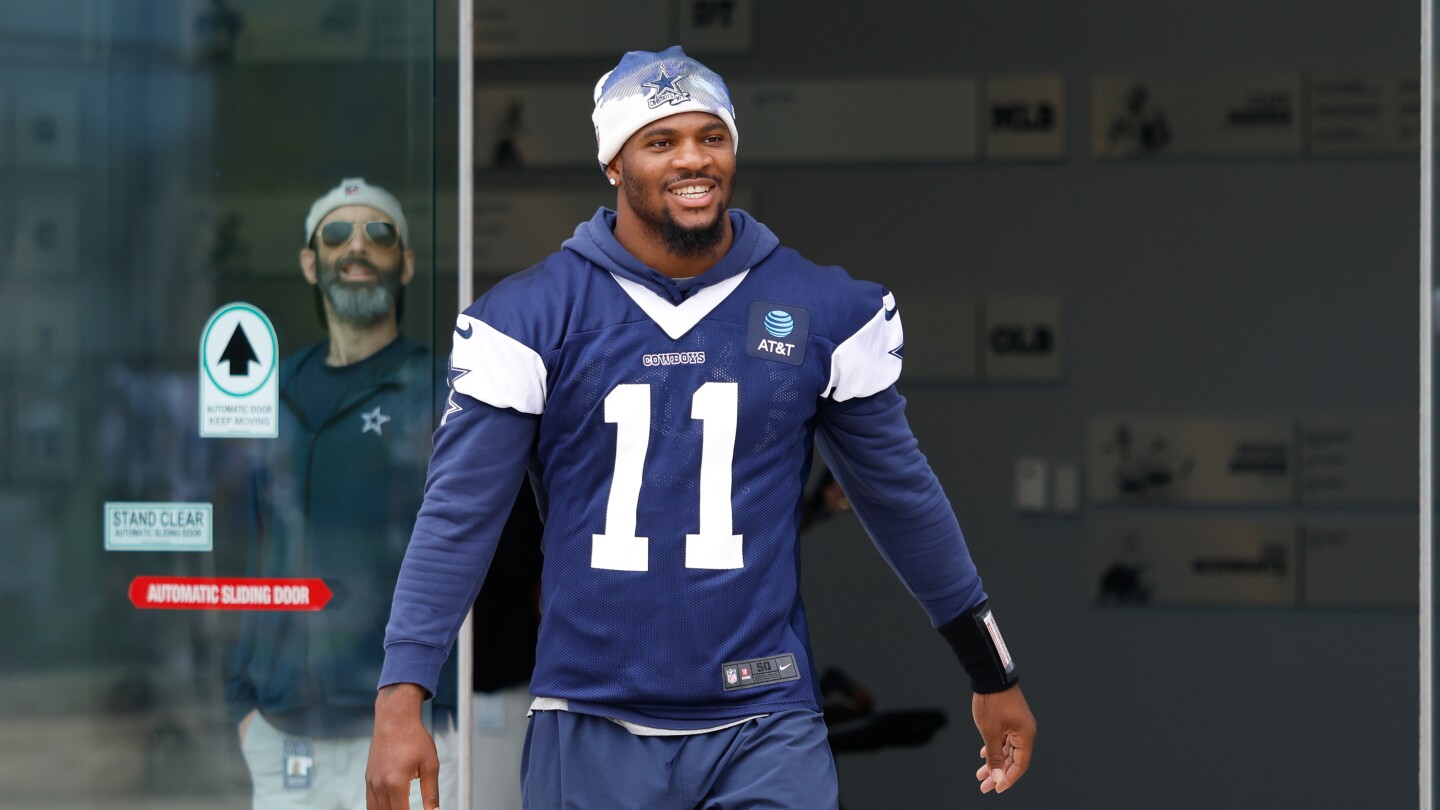
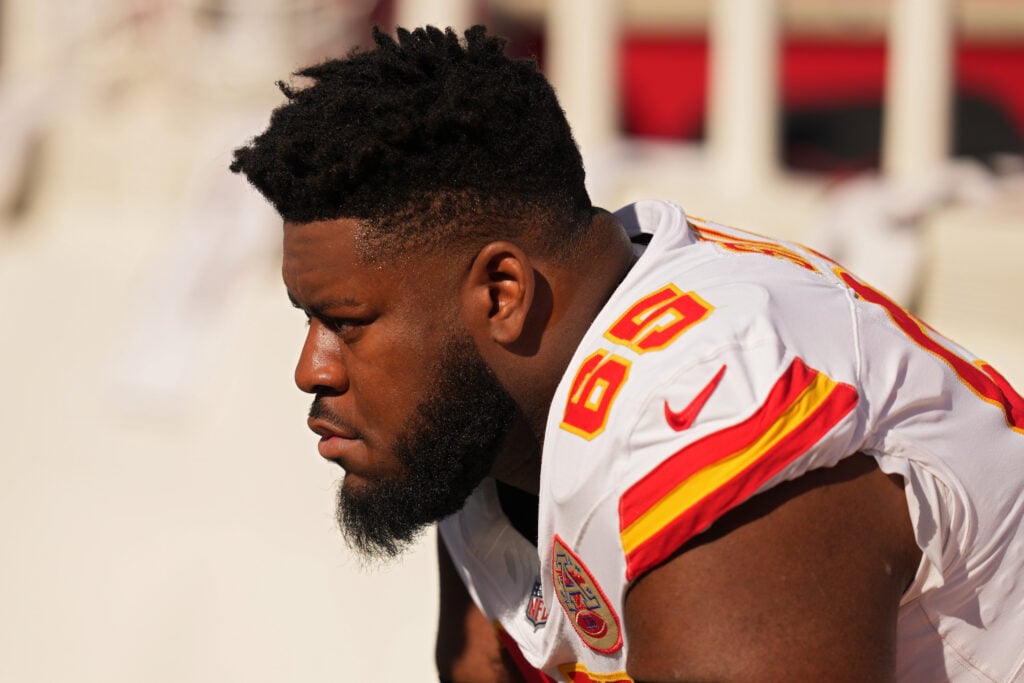
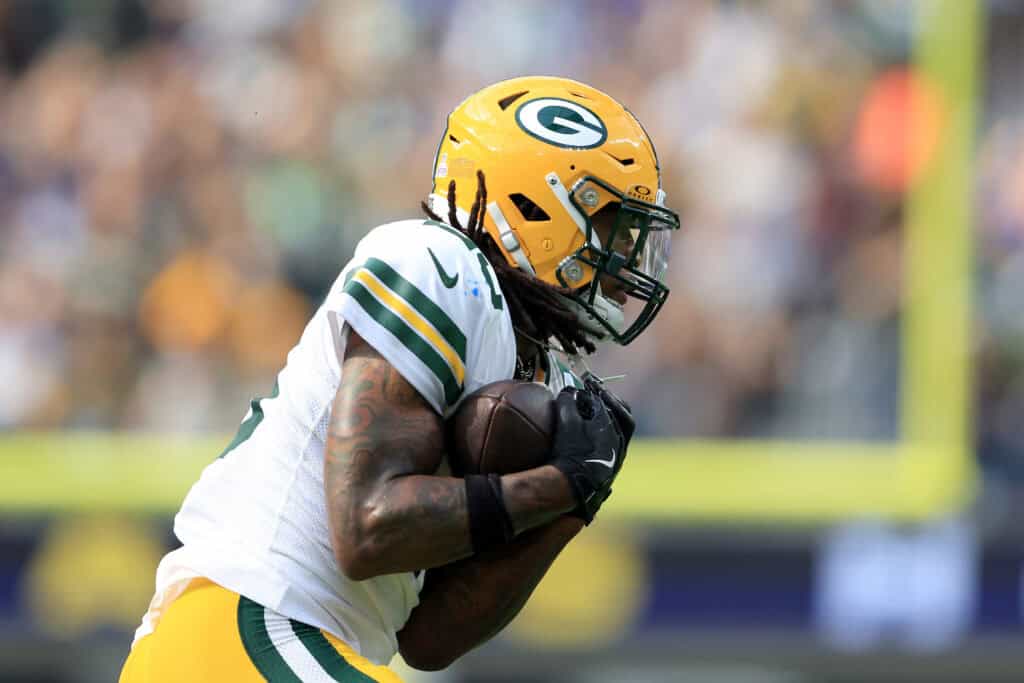




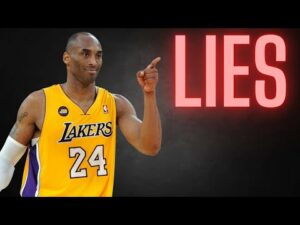
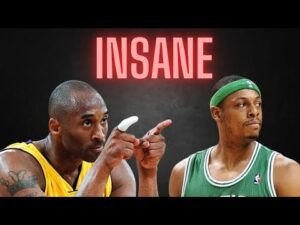

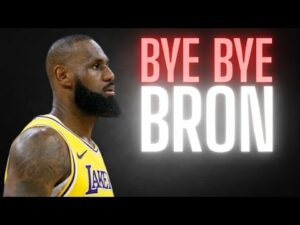


Post Comment